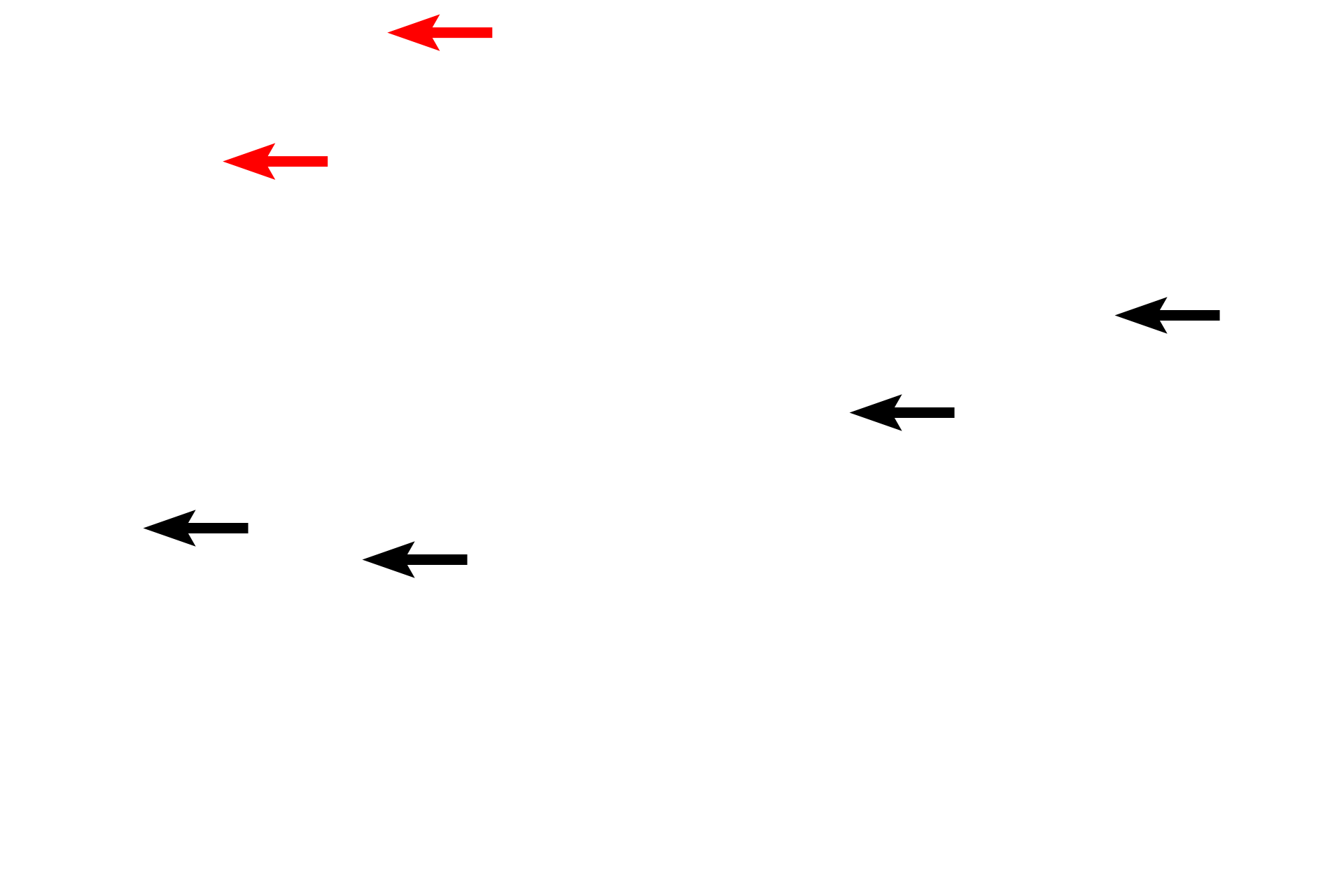
Large intestine
The large intestine, composed of the four basic tunics, is differentiated from small intestine by the lack of villi, straight intestinal glands and taeniae coli. The large intestine is the site of water absorption and fecal formation. The large intestine was cut in cross section in the top left image and longitudinally through a taenia coli in the bottom left image. 10x, 10x

Mucosa
The large intestine, composed of the four basic tunics, is differentiated from small intestine by the lack of villi, straight intestinal glands and taeniae coli. The large intestine is the site of water absorption and fecal formation. The large intestine was cut in cross section in the top left image and longitudinally through a taenia coli in the bottom left image. 10x, 10x

Submucosa
The large intestine, composed of the four basic tunics, is differentiated from small intestine by the lack of villi, straight intestinal glands and taeniae coli. The large intestine is the site of water absorption and fecal formation. The large intestine was cut in cross section in the top left image and longitudinally through a taenia coli in the bottom left image. 10x, 10x

Inner muscularis externa >
The inner circular portion of the muscularis externa is similar to the circular layers seen thus far in the stomach and small intestine.

Outer muscularis externa >
The majority of the outer longitudinal portion of muscularis externa is segregated into three separate bands called taeniae coli, seen cut in cross section in the upper image and on the right. In the bottom image, the outer longitudinal portion is sectioned longitudinally through one of the taeniae.

- Taeniae coli
The majority of the outer longitudinal portion of muscularis externa is segregated into three separate bands called taeniae coli, seen cut in cross section in the upper image and on the right. In the bottom image, the outer longitudinal portion is sectioned longitudinally through one of the taeniae.

Serosa >
The outermost layer of the large intestine is either an adventitia or a serosa, depending on whether a particular segment of this organ is intra- or retroperitoneal in location.

Intestinal glands >
Although no villi are present in the large intestine, intestinal glands are present and are very linear and parallel in this organ.
